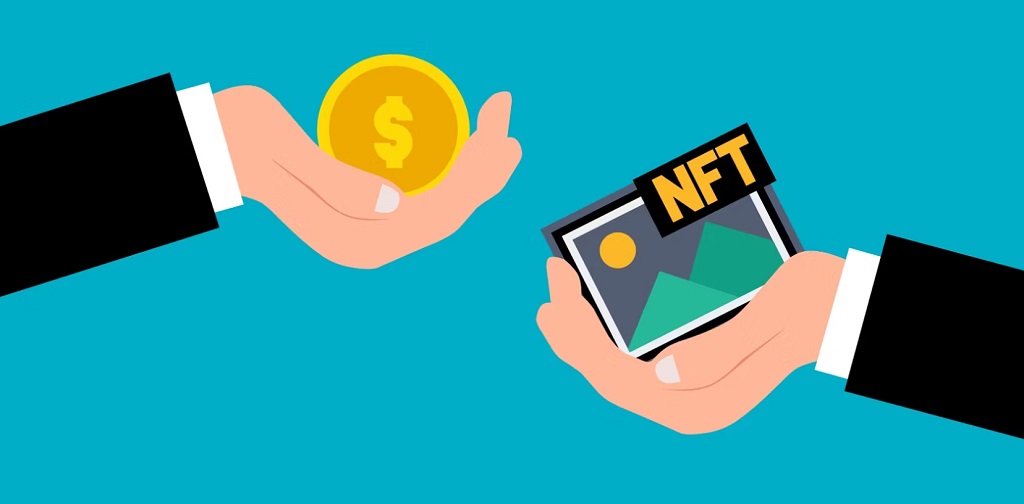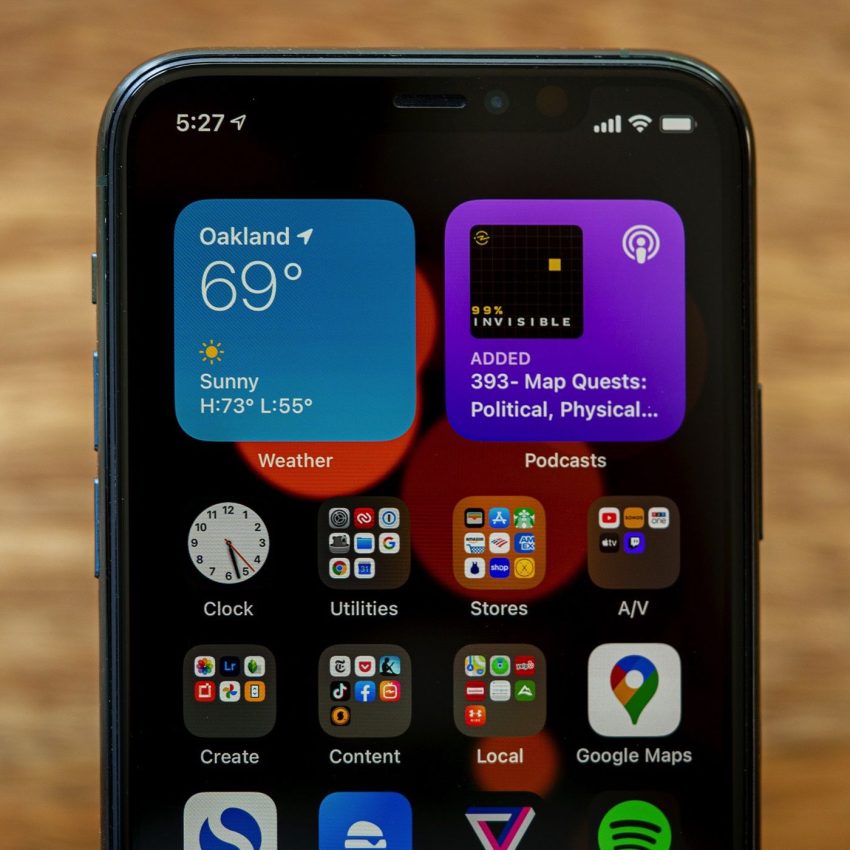The popularity of non-fungible tokens (NFT) soared in 2021 after the pandemic forced people to go digital. As a result, NFT sales in 2021 were approximately $17 billion, about 21,000% higher than the previous year.
With advancements in the world of crypto, new opportunities for passive income have emerged, and we have four ways you can earn passive income from your NFTs or you can just play online roulette as an extra way of making some cool cash for yourself.
By Renting Out NFTs
You can generate passive income by renting out your NFT. Renting can be highly profitable if you have an NFT in high demand.
To rent out your NFT, you must list your asset on an NFT marketplace where potential buyers can register their interests. Then, you need to set your negotiation terms, like the lease rate, rent duration, fee, and other necessary conditions, as permitted on your smart contract or the platform you are on. Some smart contracts require a borrower to provide collateral before entering an agreement. The agreement becomes valid only when the terms and conditions are met.
NFTs with multiple use cases have more long-term profit potential than those applicable for just one purpose. Using game NFTs as an example, those that work with a particular game will not be useful when the game is no longer played. Thus, you will stop earning passive income from them since they are not in demand and no one is borrowing them. For this reason, it is usually better to have an NFT with multiple use cases.
Some platforms where you can rent your NFTs include reNFT, UnitBox DAO, IQ Protocol, Vera, and Trava NFT.
By Staking NFTs
The process of staking NFTs works similarly to staking cryptocurrency, where you stake to earn rewards. However, Staking NFT requires locking your non-fungible token into an NFT staking platform to gain certain rewards.
The reward for the staked NFT depends on the length of the staking period, the platform’s daily or weekly rate, and the number of NFTs staked. Also, the type of NFT you intend to lock and the platform you’re taking on can determine your reward. Rewards are discharged in a platform’s native token, which can be traded for crypto or fiat currency.
To begin staking, you will need a wallet to receive the reward and connect it to the platform you intend to use.
Platforms that offer NFT staking include MOBOX (MBOX), Zookeeper (ZOO), NFTX, BAND NFTs, and the Kira network. You can also livestream yourself playing high roller casinos to sell as an NFT, and anything can be used as NFTs these days.
By Earning NFT Royalties
If you’re an artist or content creator, you may want to know more about NFT royalties. NFT royalties are the fees or percentages given to content creators each time their works are resold on NFT marketplaces. NFT royalties allow you to earn continuously from your assets even when you no longer have access to them.
To earn NFT royalties, you need to get your work minted. That is, register your digital asset on a blockchain network to make it unique and secure ownership. When minting your work, you can set the percentage you want as interest at every secondary sale. As a result, once your work is resold, the particular fees you’ve stipulated will be allotted to you as royalties. The common percentage creators receive as NFT royalties range between 5% and 10%. Platforms that offer NFT royalties include Opensea, Rarible, and SuperRare.
By Lending NFTs
Some platforms enable NFT owners to submit their assets to get loans from lenders who receive interest as rewards during the loaning period.
The lending process puts you in a position where you give loans to other users. The borrowers must present their NFTs as collateral to access the loans. The value of the NFT used as collateral will also be assessed by checking its prior performance and other factors. A borrower can then secure up to 50% of the value of his NFT as a loan, with the interest rate being between 20% and 80%, depending on the value of the NFT.
So, once an agreement is reached, the borrower’s collateral will be stored in a digital vault for the duration of the contract. If the borrower defaults on the contract, that is, doesn’t meet the stipulated agreement, they risk losing the asset, as the lender can take ownership of the collateral at a significantly discounted price, which adds up to the overall profit made from the lending process.




